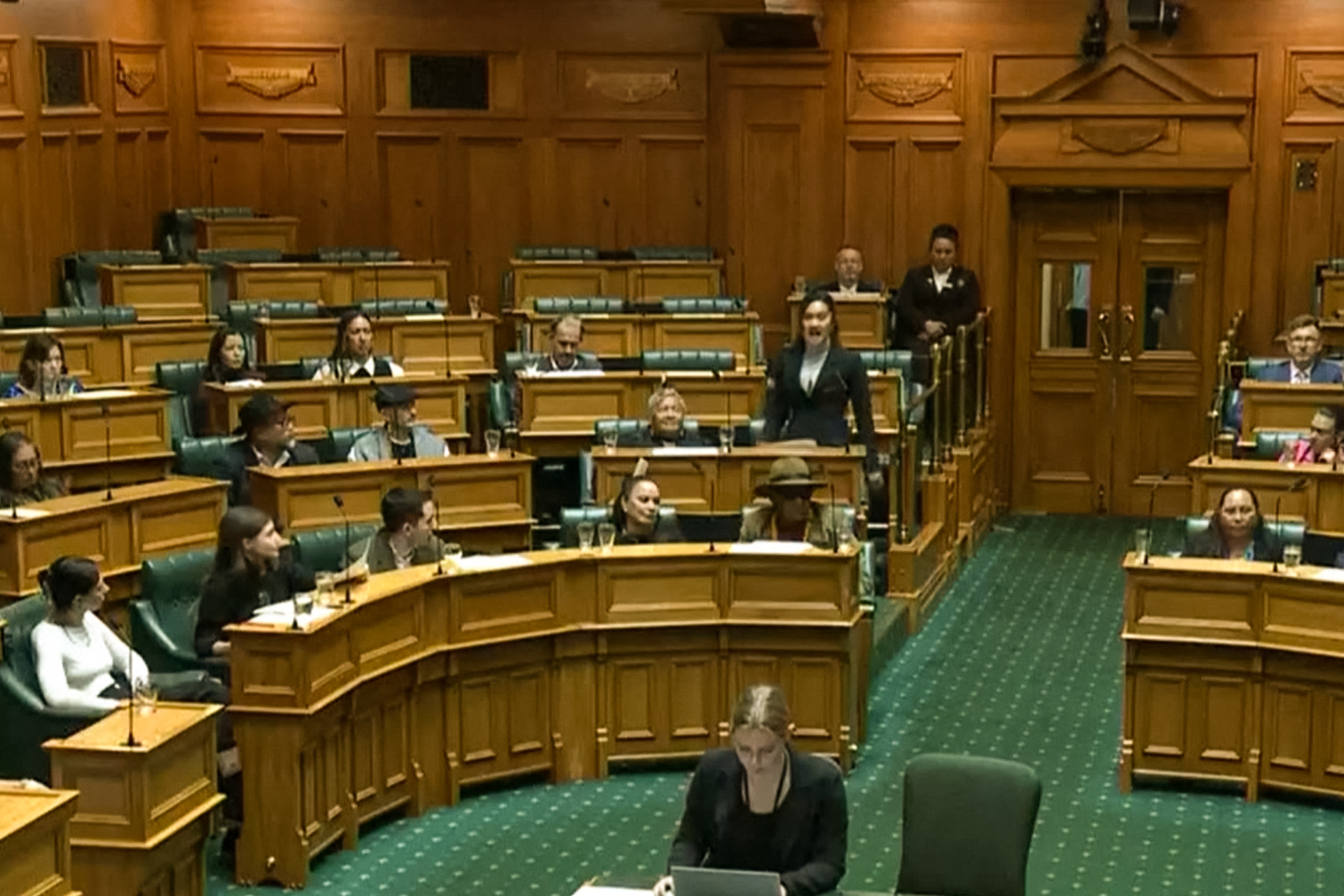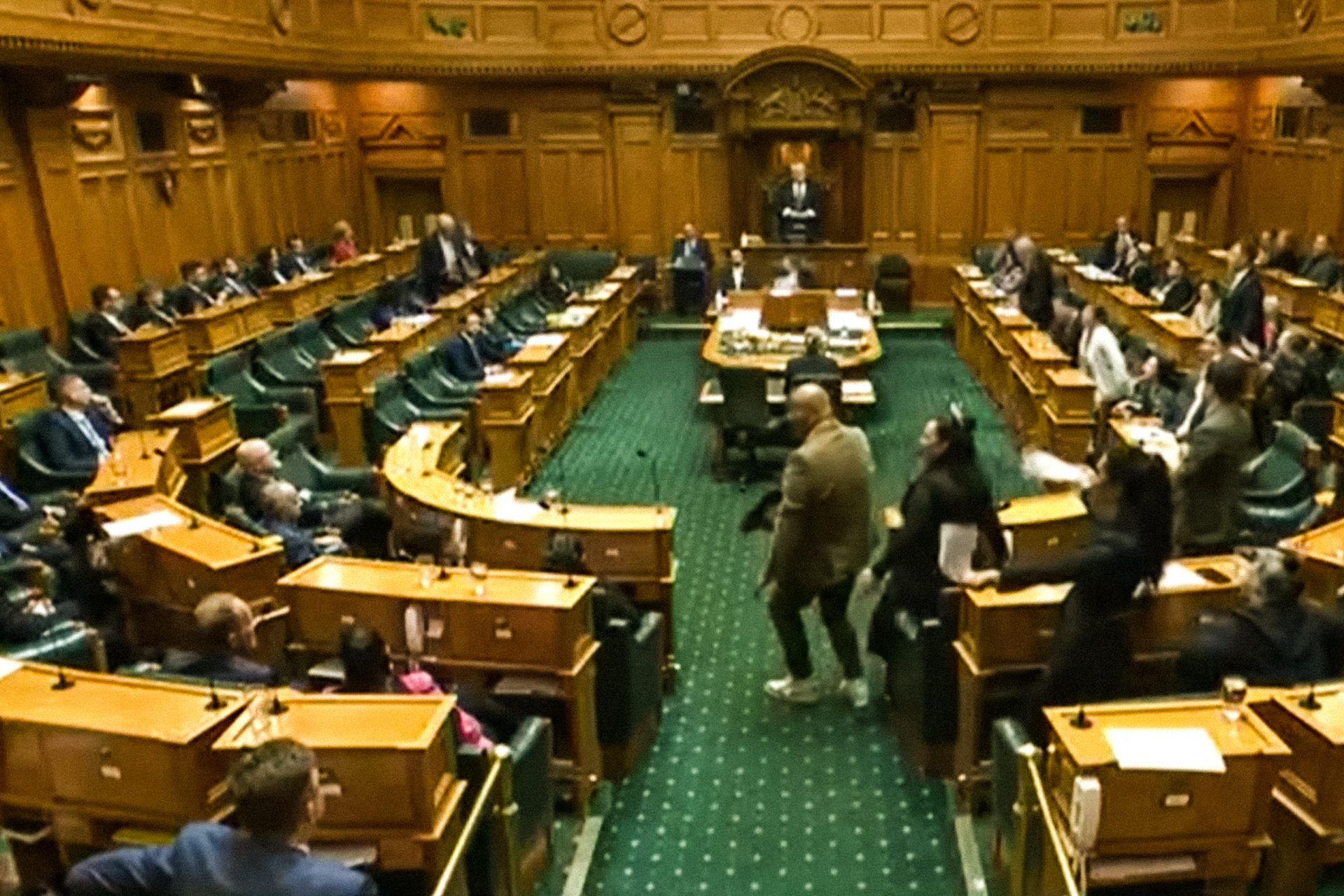What is behind the viral Haka dance performed by a New Zealand PM?
The images of a New Zealand Parliament Member ripping up a document and performing a traditional dance during a session went viral recently.
The performance, made in protests against the bill Maori lawmaker and Parliament Member Hana-Rawhiti Maipi-Clarke ripped up prompted the suspension of the session. The bill passed the first vote.
The dace was a Haka, a traditional Māori battle challenge in dance form. The PM, Hana-Rawhiti Maipi-Clarke, is from the Te Pāti Māori party.
The document Maipi-Clarke ripped was a controversial law that aimed to reform the agreement the Maori people signed with the British Crown in 1840, The Guardian explained.
That agreement, the Treaty of Waitangi, is considered the foundational document of New Zealand. According to the NY Times, it forms the basis of the laws and policies to redress historical wrongs against the Māori.
The bill was proposed by the Libertarian Party Act, which claims the law affords Māori people different rights. Māori people make up around 20% of the population.
The Act party is the farthest right-wing member of the coalition that allows the National Party, the main center-right party in Parliament, to govern the country.
Experts quoted ted by the NY Times said the proposed bill could undermine decades of work aimed at redressing historical wrong-doings and could also spark racial tension.
This is the second time the Act has pushed to reduce rights for Māori. This year, the coalition dismantled a Māori Health Authority created to address health inequality against the indigenous population, The Guardian reported.
However, the new bill goes after the fundamental law that allows the country to create such programs. According to local RNZ, thousands marched to the nation’s capital in protest.
The NY Times said the bill is unlikely to pass. The country’s Prime Minister of the National Party said the bill negated 184 years of debate and was very simplistic.
The center-right party is expected to vote against the bill on the second reading, which will happen in six months now that lawmakers will hear submissions on it, The Guardian said.
More for you
Top Stories

























